|
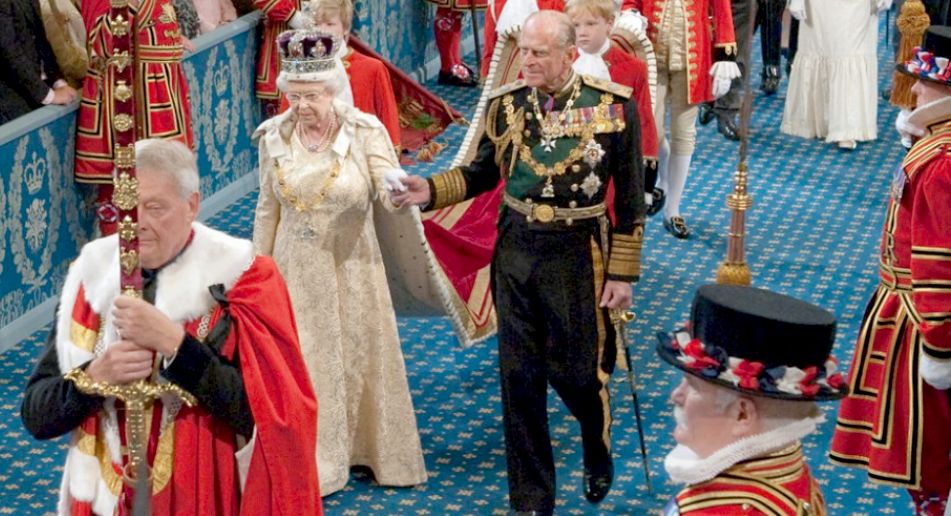
THE
HEAD OF STATE -
The British Head of State is a Grand Patron to the Royal Masonic
Benevolent Institution according to the inside leaf of many yearbooks. It
may be a shock to many or you to learn of
this, but the revelation may go some way to explaining why it is that some
people get targeted by their local authorities such as Councils
and the Police.
Johnson v Youden: KBD 1950
For a charge of aiding and abetting, the defendant must be shown to have been aware of the essential elements of his acts which constituted the complete crime. However, that may be inferred if a defendant shuts his eyes to the obvious.
Lord Goddard CJ said: ‘Before a person can be convicted of aiding and abetting the commission of an offence he must at least know the essential matters which constitute that offence.’ and ‘He need not actually know that an offence has been committed, because he may not know that the facts constitute an offence and ignorance of the law is not a defence. If a person knows all the facts and is assisting another person to do certain things, and it turns out that the doing of those things constitutes an offence, the person who is assisting is guilty of aiding an abetting that offence, because to allow him to say, ‘I knew of all those facts but I did not know that an offence was committed’, would be allowing him to set up ignorance of the law as a defence.’
Lord Goddard CJ
[1950] 1 KB 544, [1950] 1 All ER 301, 114 JP 136
Cited by:
Cited – Webster v Regina CACD 3-Mar-2006
The appellant challenged his conviction for aiding an abetting the causing of death by dangerous driving as a passenger. The driver had been drunk.
Held: The mere intoxication of the driver was not of itself and alone sufficient to establish . .
[2006] EWCA Crim 415, Times 15-Mar-06
Cited – Equality and Human Rights Commission v Prime Minister and Others Admn 3-Oct-2011
The defendant had published a set of guidelines for intelligence officers called upon to detain and interrogate suspects. The defendant said that the guidelines could only be tested against individual real life cases, and that the court should not . .
[2011] EWHC 2401 (Admin), [2012] 1 WLR 1389, [2011] UKHRR 1287
Cited – ABC and Others, Regina v CACD 26-Mar-2015
Several defendants sought to appeal against convictions. They were public officials accused of having committed misconduct in public office in the sale of information relating to their work to journalists. The journalists were convicted of . .
[2015] EWCA Crim 539, [2015] WLR(D) 146, [2015] Crim LR 633, [2015] 3 WLR 726, [2015] 1 QB 883, [2015] 2 Cr App R 10
Cited – Jogee and Ruddock (Jamaica) v The Queen SC 18-Feb-2016
Joint Enterprise Murder
The two defendants appealed against their convictions (one in Jamaica) for murder, under the law of joint enterprise. Each had been an accessory when their accomplice killed a victim with a knife. The judge in Jogee had directed the jury that he . .
[2016] 2 WLR 681, UKSC 2015/0015, [2016] UKSC 8, [2016] WLR(D) 84, [2016] UKPC 7
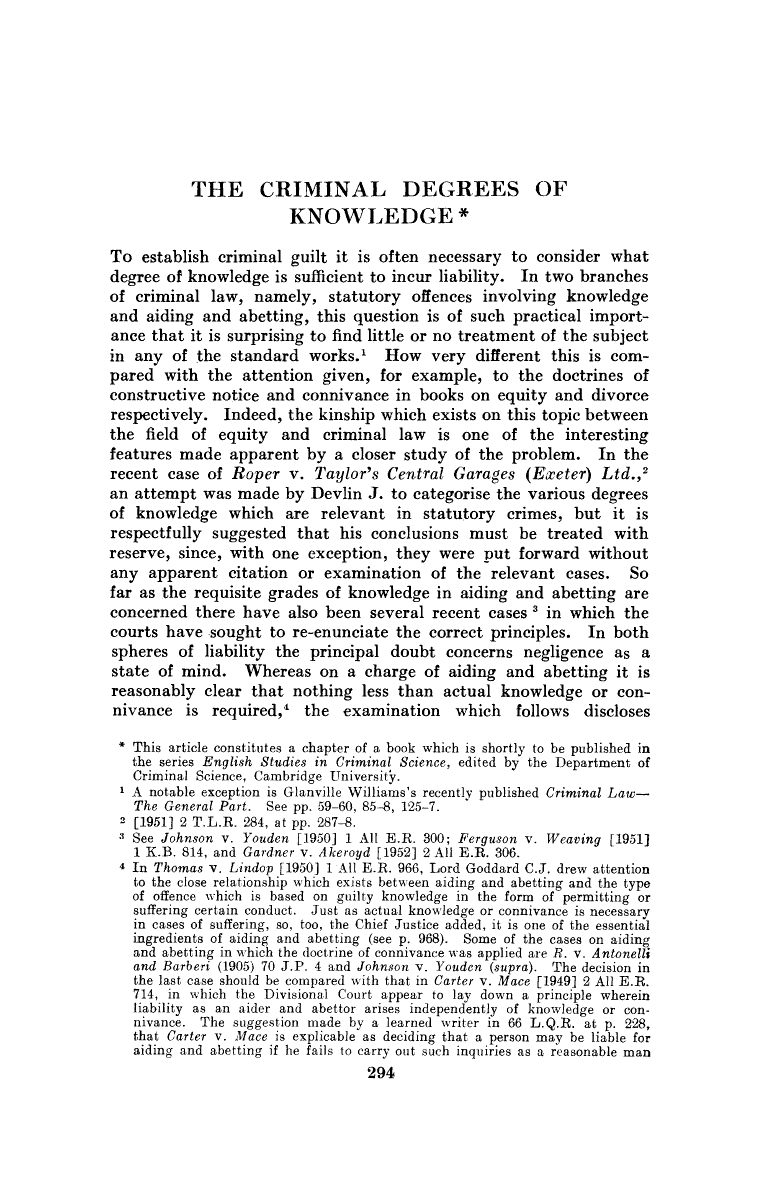
PARTIES TO A CRIME - AIMS AND OBJECTIVES
After reading this SECTION you should be able to:
- Understand the law of secondary liability — aiding, abetting, counselling or procuring
- Understand the law of joint enterprise
- Understand when secondary liability can be avoided by withdrawing
- Analyse critically the rules on secondary liability and joint enterprise
Apply the law to factual situations to determine whether there is liability either as an accessory or for a joint enterprise
5.1 Principal offenders - The State
The person or head of a State who directly and immediately causes the actus reus of the offence is the ‘perpetrator’ or ‘principal’, while those who assist or contribute to the actus reus are ‘secondary parties’, or ‘accessories’. Just because two (or more) parties are involved in the commission of a criminal offence, it does not mean that one of them must be the principal and the other their accessory. They may be both (or all) principals, provided that each has mens rea and together they carry out the actus reus (see below). If D and E plant a bomb, which explodes killing V, then they are both liable as principals for homicide. This often happens where D and E carry out a robbery or burglary together, which is referred to as a ‘joint enterprise’, although it is possible to conceive of a situation whereby D and E, for example, independently attack V and the combined effect is serious injury or death. Each would be guilty of assault as principal offenders.
5.1.1 Difficulties in identifying the principal
In some cases it may be obvious that a crime has been committed by one or both of two people but it may not be clear either who is the principal or whether the other was an accessory. In such a case, both may escape liability. There was a particular problem when a child died whilst being looked after by two parents or carers. In Lane and Lane (1986) 82 Cr App R 5, evidence showed that the Lanes’ child was killed between 12 noon and 8.30 pm. Each parent had been present for some of this time and absent for some of this time. It could not be proved that one was the principal nor could it be proved that the other must have been an accessory. Both had to be acquitted of manslaughter.
This problem has now been addressed by Parliament. Section 5(1) of the Domestic Violence, Crime & Victims Act 2004, which is discussed more fully in Chapter 10, created a new offence of causing or allowing the death of a child or vulnerable adult.
In Ikram and Parveen (2008) EWCA Crim 586; (2008) 4 All ER 253, which is factually very similar to Lane and Lane, the father of a one-year-old boy and the father’s partner were convicted under s 5 after the child suffered a non-accidental broken leg, which caused a fat embolism (when fat enters the bloodstream) with fatal consequences. No one else had had any contact with the child on the fateful day, so one or other of the defendants must have been responsible. However, both defendants claimed not to know how the child’s leg was broken and with no other evidence it would have been extremely difficult to convict either defendant of murder or manslaughter. Instead, they were both convicted under s 5 of the 2004 Act.
Meanwhile, if it can be proved that D, being one of two or more parties to a crime, must have been guilty as either principal or accessory, then he may be convicted. In Giannetto (1997) 1 Cr App R 1, D was convicted of the murder of his wife, V. According to the prosecution’s case, V was murdered either by D or by a hired killer on his behalf. D appealed on the ground that, if the prosecution could not prove whether he had murdered V himself or someone else had done it, he was entitled to an acquittal. The Court of Appeal dismissed the appeal. Provided, in either case, that D had the requisite actus reus and mens rea (as principal, this is causing death with intent to kill or cause really serious injury; for secondary parties, see below), then it did not matter whether he had killed her himself or encouraged another to do so.
5.2 Innocent agents
Where the perpetrator of the actus reus of a crime is an ‘innocent agent’, someone without mens rea, or not guilty because of a defence such as infancy or insanity, then the person most closely connected with the agent is the principal. So if D, an adult, employs his eight-year-old son to break in to houses and steal, the child is an innocent agent, and the father liable as principal. A well-known example of an ‘innocent agent’ acting without mens rea would be a postman unknowingly delivering a letter bomb. An example comes from the case of Cogan and Leak (1976) QB 217. L terrorised his wife into having sex with another man, C. C’s conviction for rape was quashed because his plea that he honestly believed L’s wife was consenting had not been left to the jury. L’s rape conviction was upheld on the basis that he had procured (caused) the crime to happen (see below). The Court of Appeal also considered, obiter, that L may alternatively have committed the offence as principal through the doctrine of an innocent agency. Lawton LJ said that, ‘had [L] been indicted as a principal offender, the case against him would have been clear beyond argument’.
5.3 Secondary parties
5.3.1 Actus reus of secondary parties: aiding, abetting, counselling or procuring
The law for indictable offences is set out in s 8 of the Accessories and Abettors Act 1861 (s 44 of the Magistrates‘ Courts Act 1980 provides the same for summary offences): ’Whosoever shall aid, abet, counsel or procure the commission of any indictable offence … is liable to be tried, indicted and punished as a principal offender.‘ This is a very wide definition. It should also be noted that it is possible for a secondary party to be held liable for committing an offence which they could not commit as principal. For example, a woman may commit rape as an accessory, although women cannot commit rape as principal offender (DPP v K & C (1997) Crim LR 121; see Chapter 12). A secondary party will be charged with ‘aiding, abetting, counselling or procuring’ the particular offence (murder, robbery, theft etc.) and is liable to be convicted provided that it can be proved that he participated in at least one of the four ways. The Court of Appeal has held that the words should simply bear their ordinary meaning. In Attorney-General’s Reference (No 1 of 1975) (1975) 2 All ER 684, Lord Widgery CJ said:
CL L13 PARTICIPATION IN CRIME
The mens rea of a secondary party: Intention1. D must be AWARE of the factual circumstances of the crime;Johnson v Youden [1950] 1 KB 544 the accessory 'must at least know the essential matters which constitute the offence’1. D must intend to assist or encourage the commission of the principle
offence; National Coal Board v Gamble [1959] 1 QB 11 1.
Motive is irrelevant DPP for Northern Ireland v Lynch [1975] AC 6532. D need not know the precise details of the offence DPP for Northern Ireland v Maxwell [1978] 3 All ER 11403. Intention can be oblique Gnango [2012] 1 AC 827Jogee [2016] UKSC 9 It is NOT sufficient for a secondary party to be convicted if s/he does not intend the principal to commit the offence.
A secondary party to a crime must assist or encourage the principal and must intend that the principal would act with intent
such as to perpetuate the consequences as if (for example) a
conviction had been obtained lawfully.
Determining the scope of the enterprise
Where D denies knowing that the principal offender would commit the offence, the jury must decide whether or not they accept that evidence based on the facts of the case and the evidence they hearThe “weapons”
presumption:Powell: English [1998] AC 147NB – in the light of Jogee note that knowledge of weapon can only be evidence of intentionThe “presumption” therefore would be knowledge of weapon means D intended it would be used and is liable if it is
used “Fundamental” difference could rebut the presumption of intention
Potential impact of Jogee?
“If the jury is satisfied that there was an agreed common purpose to commit crime A, and if it is satisfied also that D2 must have foreseen that, in the course of committing crime A, D1 might well commit crime B, it may in appropriate cases be justified in drawing the conclusionthat D2 had the necessary conditional intent that crime B should be committed, if the occasion arose; or in other words that it was within the scope of the plan to which D gave hisassent and intentional support. But that will be a question of fact for the jury in all the circumstances.” (para 94)
R v Anwar and others [2016] EWCA Crim 551
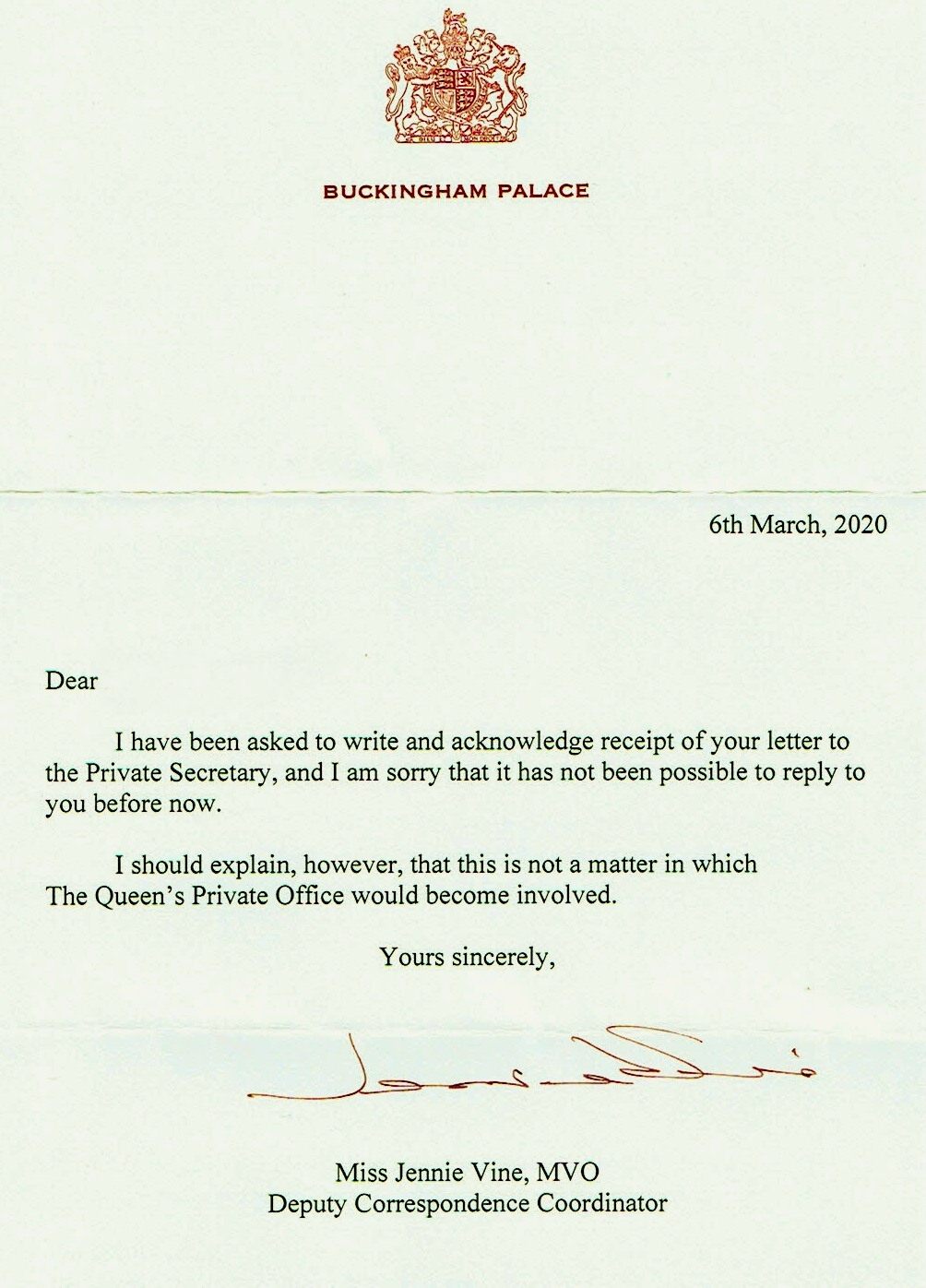
THE
HEAD OF STATE -
There is no statute of limitations on fraud or wrongful
conviction resulting from any bias on the part of a State
sanctioned local authority. Where
Queen
Elizabeth has so far refused to acknowledge the requirement
to grant an audience to a subject so requesting. It may be that
the future Kings of England may be more amenable: Prince
Charles, Duke of
Cambridge. Including dealing with the refusal
of the present monarch to accede to such request, it being a
potential civil and/or criminal offence in itself, as alleged .
HR
VIOLATIONS
The
present British judicial system is a blight on the face of
humanity in that the Courts, Crown Prosecution Service and
Police forces, and further along the chain, the Criminal Cases
Review Commission, are not answerable to anyone for their
violations of the Universal Declaration of Human Rights on English
soil.
There
is no right of appeal in the United
Kingdom, where the system as it stands gives ultimate
control to the Courts and in some cases Single Judges -
many of whom are masons who refuse to declare interests, most
likely because it would prevent involvement in the very cases
that have been brought against innocent citizens, to quash them
questioning the present system
THE
REMEDY
The United Kingdom needs
to remedy the shortcomings of their present system by providing
an effective remedy to those unlawfully
convicted on biased and incomplete
evidence, that was provided to a jury as some kind of
whitewashing mechanism, designed to ensure a conviction where
the state prosecutors, police and so-called experts must have
known of the flaws in these cases, but worked together
regardless of the inconsistencies in evidence to gloss over
those factors to deceive the 12 members of the public who made
up those juries, into delivering a verdict that the state was
after to defeat free speech and challenges to the present
corrupt system.
MAGNA
CARTA
1689
BILL OF RIGHTS
WHO
WE WERE FIGHTING AGAINST FROM 1939 TO 1945
|

Adolf
Hitler
German
Chancellor
|
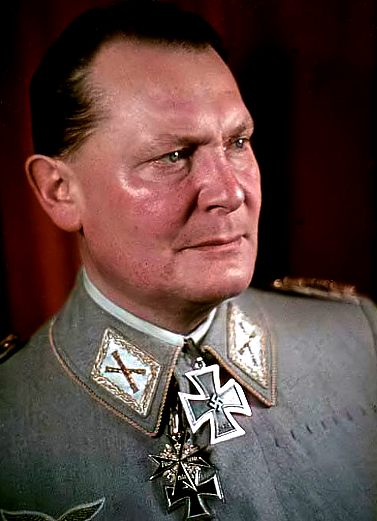
Herman
Goring
Reichsmarschall
|

Heinrich
Himmler
Reichsführer
|

Joseph
Goebbels
Reich Minister
|

Philipp
Bouhler SS
NSDAP
Aktion T4
|

Dr
Josef Mengele
Physician
Auschwitz
|
|

Martin
Borman
Schutzstaffel
|

Adolph
Eichmann
Holocaust
Architect
|
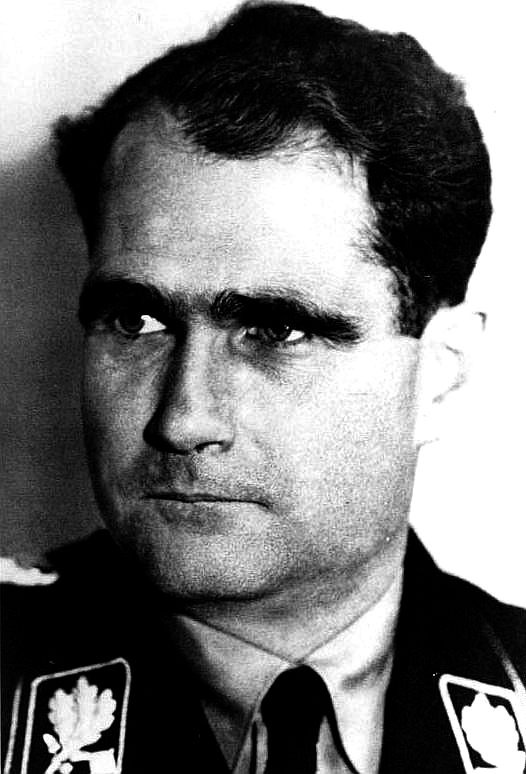
Rudolf
Hess
Commandant
|

Erwin
Rommel
The
Desert Fox
|
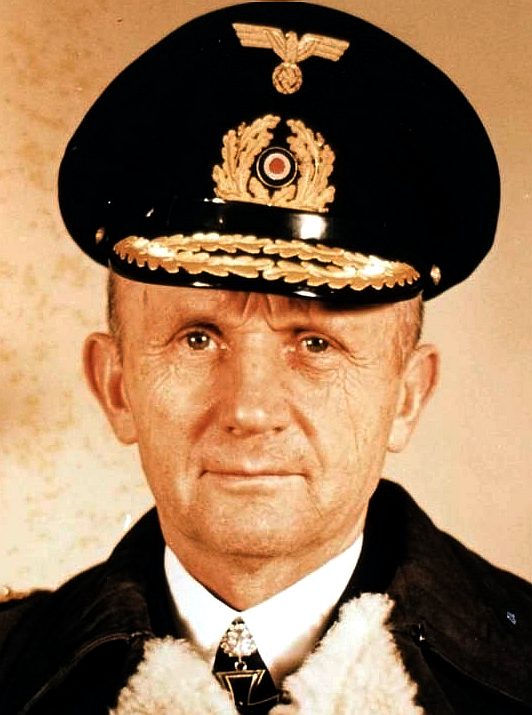
Karl
Donitz
Kriegsmarine
|

Albert
Speer
Nazi
Architect
|
WEALDEN'S
OFFICERS FROM 1983 TO 2018
|

Ian
Kay
Assist.
Dist. Plan.
|

Charles
Lant
Chief
Executive
|

Victorio
Scarpa
Solicitor
|
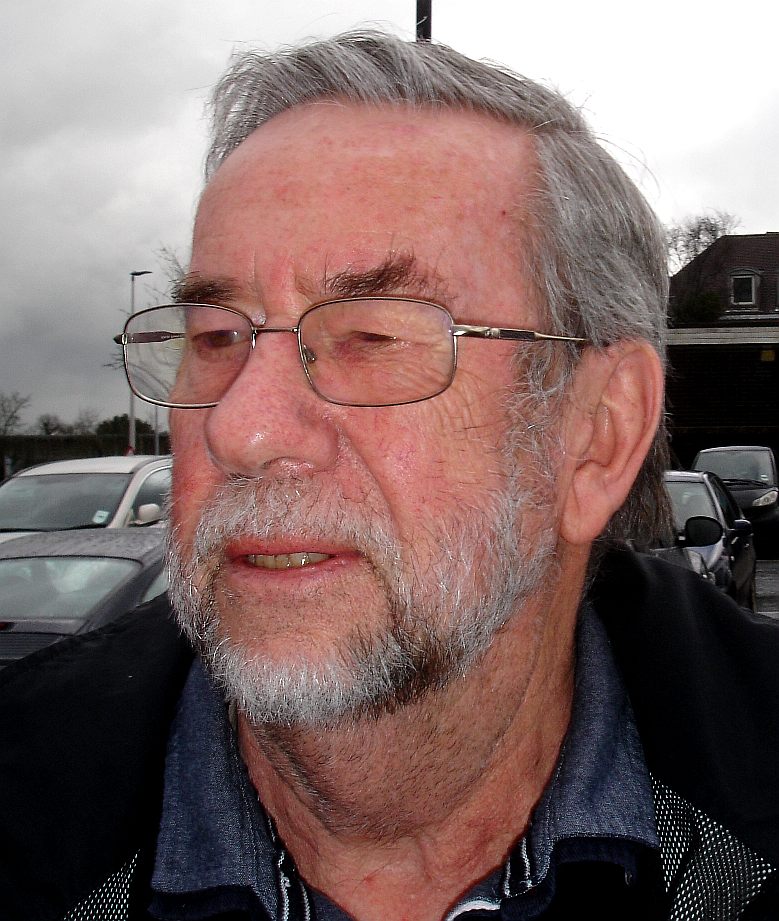
Timothy
Dowsett
Dist.
Secretary
|

Christine
Nuttall
Solicitor
|

David
Phillips
Planning
|
|

Daniel
Goodwin
Chief
Executive
|

J
Douglas Moss
Policy
|

Kelvin
Williams
Dist.
Planning
|

Trevor
Scott
Solicitor
|

David
Whibley
Enforcement
|
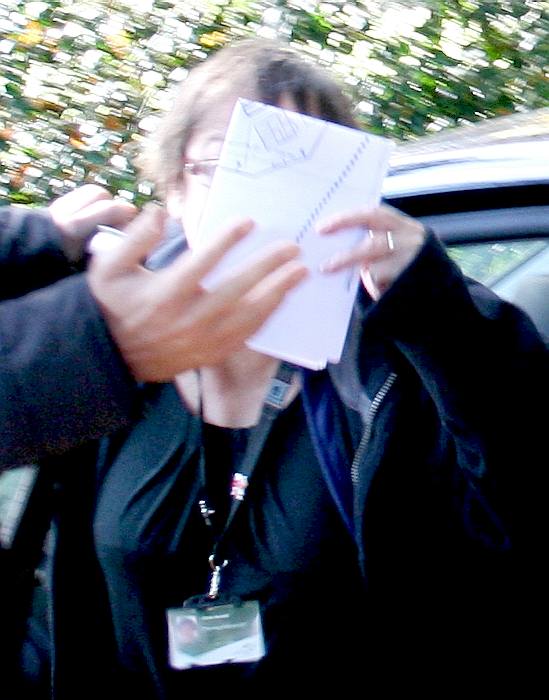
Christine
Arnold
Planning
|
|
|

Beverley
Boakes
Legal
Secretary
|

Patrick
Coffey
Planning
|

Julian
Black
Planning
|
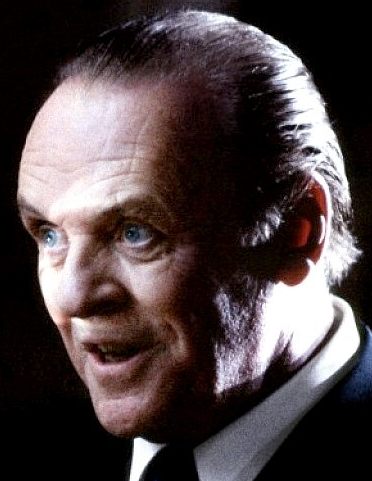
Ashley
Brown
Dist.
Planning
|
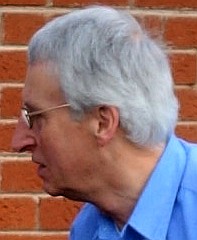
Derek
Holness
Former
CEO
|
Abbott
Trevor - Alcock
Charmain - Ditto - Arnold
Chris (Christine) - Barakchizadeh
Lesley - Paul Barker - Bending
Christopher
Black
Julian - Boakes Beverley - Bradshaw
Clifford - Brigginshaw
Marina - Brown
Ashley - Coffey
Patrick - Douglas
Sheelagh
Dowsett Timothy - Flemming
Mike - Forder Ralph - Garrett
Martyn - Goodwin Daniel
- Henham J - Holness
Derek
Hoy
Thomas - Johnson
Geoff - Kavanagh Geoff - Kay Ian - Kay
I. M.
- Barbara Kingsford - Lant Charles - Mercer
Richard
Mileman Niall - Moon
Craig - Moss Douglas, J. - Nuttall
Christine - Pettigrew Rex - Phillips
David - Scarpa
Victorio - Scott
Trevor
Kevin Stewart - Wakeford
Michael. - Whibley David - White,
George - Williams
Kelvin - Wilson Kenneth - White
Steve

LINKS
& REFERENCE
https://swarb.co.uk/johnson-v-youden-KBD-1950/
https://en.wikipedia.org/wiki/Bill_of_Rights_1689
http://www.legislation.gov.uk/aep/WillandMarSess2/1/2/introduction

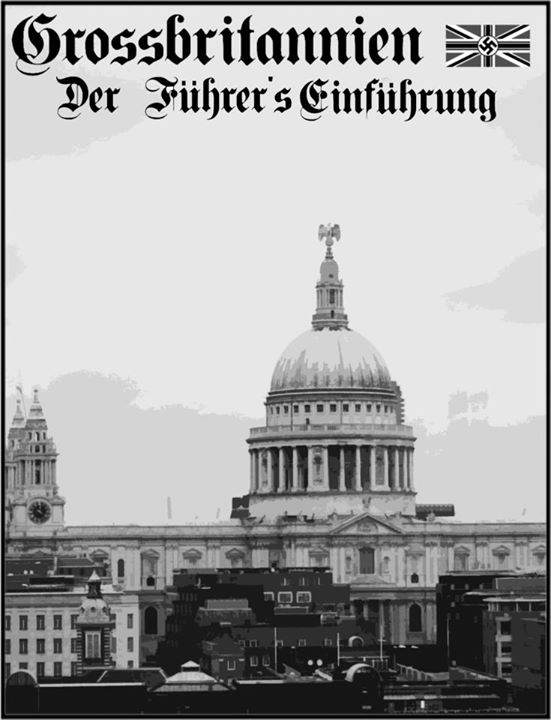

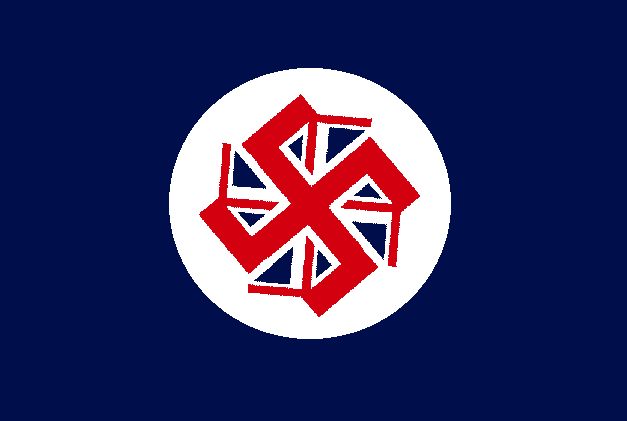




 
|
































